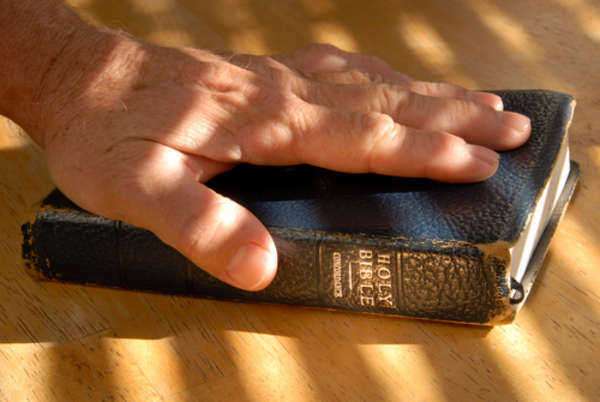History of Oaths and Perjury
The phrase "swear to tell the truth" has been relevant since biblical times. Oaths and perjury have a long and rich history, which have coincided with the very first forms of legal systems and judgments by trial. Centuries ago there were no polygraphs. Technology did not intertwine with society like it does now. The only efficient means to ensure the delivery of truthful statements was to place a man's words under the eyes of God. Validity was guaranteed in an oath through divine intervention. "I swear to tell the truth or so help me God."
The majority of individuals dedicated their lives to a higher power. To swear to tell the truth with God as a witness was a sacred order. To perjure, go against God, and willingly lie was seen as too risky, for the consequences that God would impose would be eternal and ruthless. With a heavy religious undertone, the oath was adopted by many cultures to guarantee the truth in a trial setting.
Oaths, or statements where an individual will "swear to tell the truth", have been traced back to biblical times. Mostly in the Old Testament, references made towards oaths appear at least 30 times in the Bible. Ironically, through the words of the Bible the Christian view has always been to exclude God from oaths or statements that "swear to tell the truth." The reasoning behind this sentiment is that most followers did not understand or incorporate the harsh punishments inflicted by God when not fulfilling such vows. An individual could not perjure during this time. However, lying under oath was a grave sin, for it broke the 3rd Commandment.

Through the Bible's reading, Christians believe that God never wanted oaths to be administered with his name attached. An individual cannot include God in something, but instead, God has the choice to include himself. That being said, God is used today as a witness simply because of both psychological and religious influences or pressures.
Oaths conducted during Roman Times were sworn upon the Jupiter Stone located in Capitoline Hill. The Jupiter Stone or Luppiter Lapis was known as the oath stone, a divine intervention that instilled order and honesty in the Roman courts. The oath process was taken very seriously during these times, and if one were to perjure or lie to the sacred stone, the individual would be sentenced to a public execution.
The oath was a vital aspect of Roman culture. Many believed that the power of the truth held religion, politics, and morality together. Like many innovations, the Romans can be accredited with the creation of the legal and court system. The oath process was the fundamental building block for this system.
Oaths were also a staple in Jewish tradition. The importance of honesty and the oath is constantly mentioned in the book for Genesis, and is further exemplified through Eliezer, the first servant of Abraham. In Jewish culture the individual under oath holds a sacred possession in one hand while swearing to tell the truth. To perjure in Jewish tradition meant disrespecting what is sacred, and oftentimes lead to an execution.
Like many things in America, the tradition of the oath came over with our settlers from Europe. The origins come from Biblical and religious passages. However, modern interpretation views the oath as an effective means, both religiously and psychologically, to guarantee truthful statements.